Your Attitude Is the Difference Maker.
Coincidence?
IF . . .
A-B-C-D-E-F-G-H-I-J-K-L-M-N-O-P-Q-R-S-T-U-V-W-X-Y-Z
EQUALS . . .
1-2-3-4-5-6-7-8-9-10-11-12-13-14-15-16-17-18-19-20-21-22-23-24-25-26
THEN . . .
K+N+O+W+L+E+D+G+E
11+14+15+23+12+5+4+7+5 = 96%
H+A+R+D+W+O+R+K
8+1+18+4+23+15+18+11 = 98%
BUT . . .
A+T+T+I+T+U+D+E
1+20+20+9+20+21+4+5 = 100%
Raise your hand if you’ve seen this clever formula 700 times?
I thought about it today as I watched the views on one of my six-month-old Quora answers suddenly shoot up – from zero views when I wrote it in June to nearly 5,000 views over the last two weeks.
The question I answered was:
“I’m 57, have no savings, and am unemployed. Is it too late to turn my life around?”
It apparently got shared into a group that relates to the nature of the question. And, I suspect, that COVID has boosted the interest in the topic considerably.
Here’s my answer to the question:
Absolutely not!!!
I’ll invoke an overused cliche:
It’s never too late to start but always too early to quit!
Consider that you likely have 20–30 years ahead of you – maybe more if you have been taking care of yourself physically. That’s 1–2 generations. Think of how much we have progressed in that amount of time. You can make lots happen in that amount of time also.
While I don’t know your life situation, I feel safe in saying that you got to 57 with some successes along the way. It’s only in your head that it’s disgraceful to be unemployed and with no savings. Frankly, virtually nobody is thinking about you or really cares – you just think they are and this will erode your self-image and make the road ahead harder.
So start by reminding yourself of what successes you’ve had and what it was that made you successful at it. As all of us do, you have innate talents that you can continue to build on.
Ask yourself: what do I like doing and what am I really good at? When you have that figured out, then get aggressive about finding a match for that combination. Let the match with your talents be the guide to your decisions and not money. When you have your talents aligned with your work, you’ll see the rewards come.
In step with this, maybe a change in self-discipline is in order as well. As in, spend less than you make. With a 30–40 year runway, you have the opportunity to make a solid financial recovery. Plus when you are doing what you love, you aren’t likely to succumb to the social pressure to “retire.”
So think of it as being 2/3 done with 1/3 left with the advantage of being able to leverage accumulated life skills, work experiences, wisdom into a lifestyle of work that can be more gratifying, purposeful, fulfilling and financially rewarding than the first 2/3.
You are uniquely gifted and far from a slug. Recognize that, change your self-talk, get into motion, get help, and launch your restart. And remember that our society needs you being a producer and not another “hanger-on” or someone on the dole.
Good luck – and thanks for putting yourself out there. Beginning is half done!!
COVID + POLITICIANS . . .
3+15+22+9+4+16+15+12+9+20+9+1+14+19 = 168% = off-the-charts funk!
No question, it’s tough to stay positive. I don’t know about you, but the walls are starting to come in.
I gassed up my car this week for the first time in 11 weeks. Who could have imagined a “quarterly visit to the gas station?”
Or a Thanksgiving on the back deck with space heaters? Cold mashed potatoes are OK, but only with family.

An illusion of leadership
It really does come down to attitude, doesn’t it? Something over which we have near-total control.
I suggest we pay attention to another time-worn adage:
“We can’t control our circumstances. We can only control how we respond to those circumstances.”
I ran across another quote that seems appropriate for the times we are in. It’s by the late Henri Nouwen, Dutch Catholic priest, professor, writer, and theologian. He said:
“The great illusion of leadership is to think that man can be led out of the desert by someone who has never been there.”
As we wrap up four years of illusory leadership and head into another four with the scant chance for improvement, it comes down to generating our own leadership. Our leaders are lost, confused, hedonistic, greedy, and – – – don’t get me started!
We are being tested, and we are leaderless. Something greater than the circus on the Potomac is in charge and that’s what we need to tap into. And it starts between our temples – with our attitude.
The maturity, wisdom, grit, integrity, and attitudes we “modern elders” possess can face this crisis down and help us come out the other side new, different –
– and better.
Hope you are safe during this madness. Let’s make the most of what will be the weirdest holiday season ever. Turn each day into its own miracle. And know that this desert will be traversed. Join our tribe if you haven’t already at www.makeagingwork.com and receive a free e-book “Achieving Your Full-life Potential.” And leave us your thoughts below.





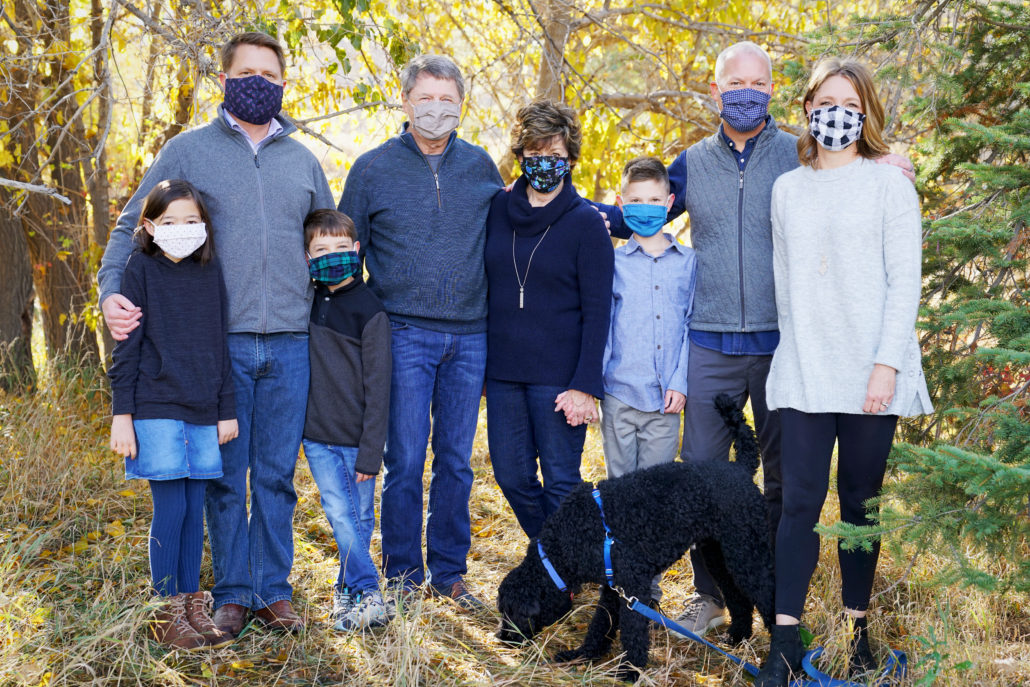


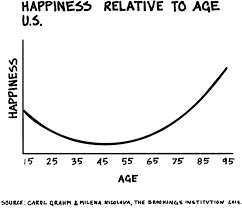


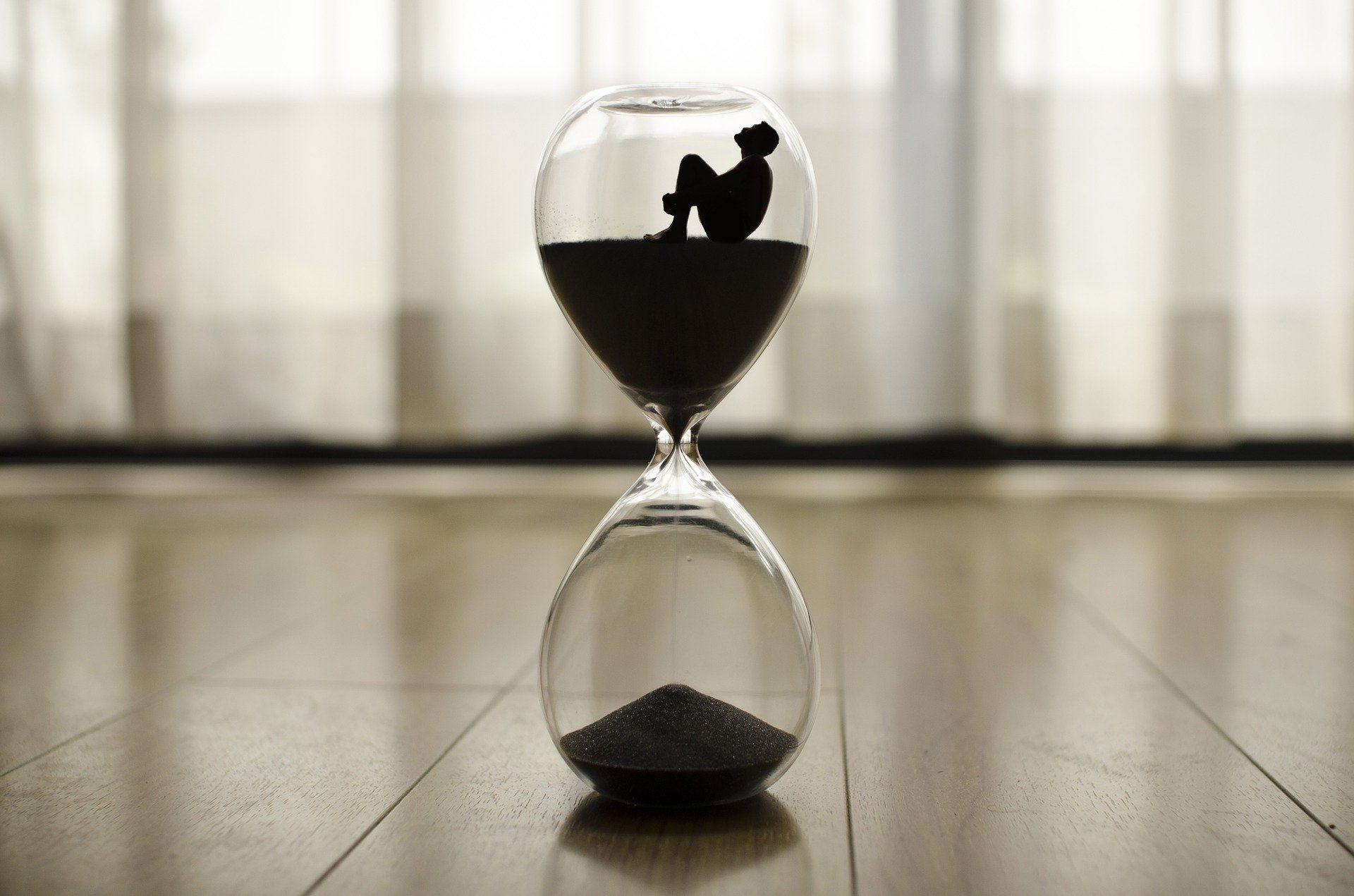

 Genesis 1:28, states: “And God blessed them. And God said to them, ‘Be fruitful and multiply and fill the earth and subdue it, and have dominion over the fish of the sea and over the birds of the heavens and over every living thing that moves on the earth.'”
Genesis 1:28, states: “And God blessed them. And God said to them, ‘Be fruitful and multiply and fill the earth and subdue it, and have dominion over the fish of the sea and over the birds of the heavens and over every living thing that moves on the earth.'”



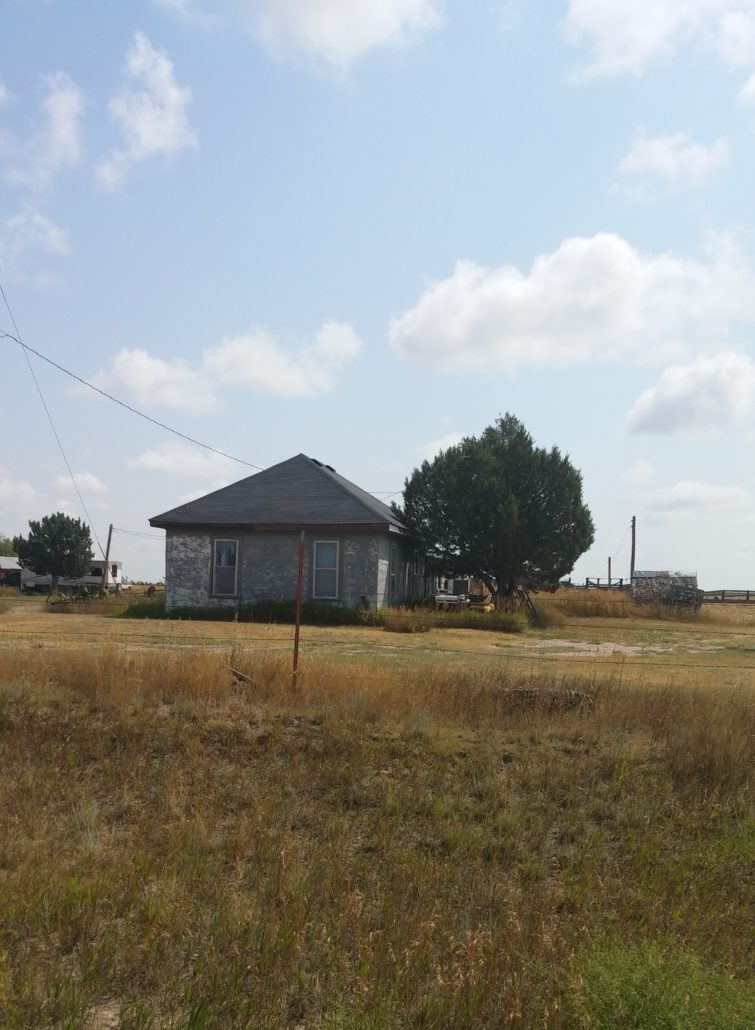
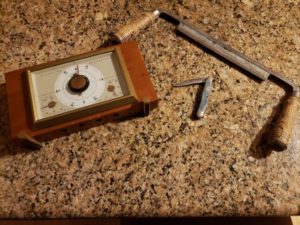







 are being published each year worldwide – well, my sanity is up for question.
are being published each year worldwide – well, my sanity is up for question.


 Getting old is not the same as aging.
Getting old is not the same as aging.